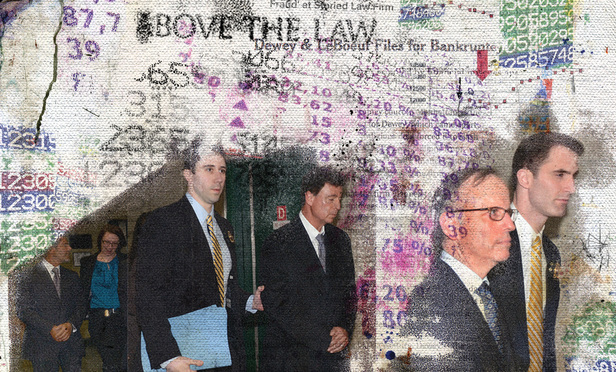The mistrial in the criminal case against the former executives at Dewey & LeBoeuf is a welcome call for moderation in white-collar prosecutions. The New York County District Attorney’s decision to overcharge backfired when the Dewey jury did what it was supposed to do: It took a close look at the evidence rather than assuming that, with more than a hundred separate charges, there must be something in the case that the government is right about.
Whatever the future holds for the former Dewey executives, the mistrial demonstrates a rejection of one of the government’s favorite tactics — overcharging.
This content has been archived. It is available through our partners, LexisNexis® and Bloomberg Law.
To view this content, please continue to their sites.
Not a Lexis Subscriber?
Subscribe Now
Not a Bloomberg Law Subscriber?
Subscribe Now
LexisNexis® and Bloomberg Law are third party online distributors of the broad collection of current and archived versions of ALM's legal news publications. LexisNexis® and Bloomberg Law customers are able to access and use ALM's content, including content from the National Law Journal, The American Lawyer, Legaltech News, The New York Law Journal, and Corporate Counsel, as well as other sources of legal information.
For questions call 1-877-256-2472 or contact us at [email protected]





